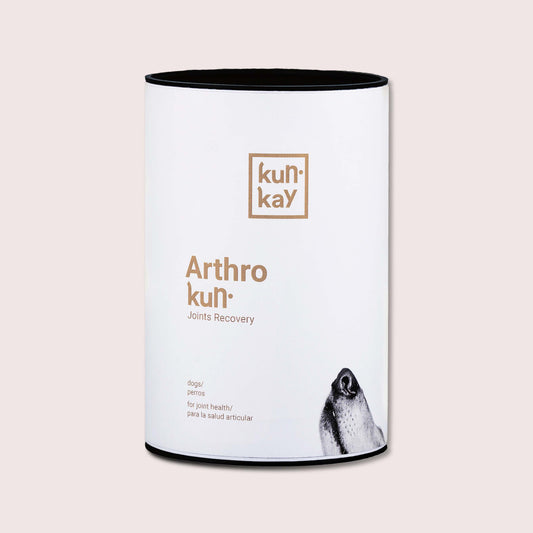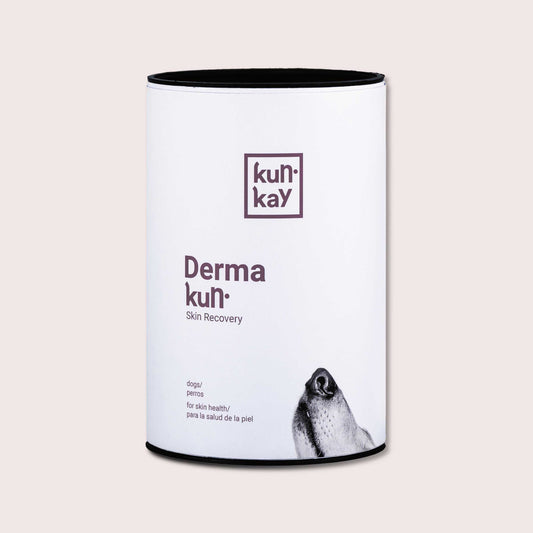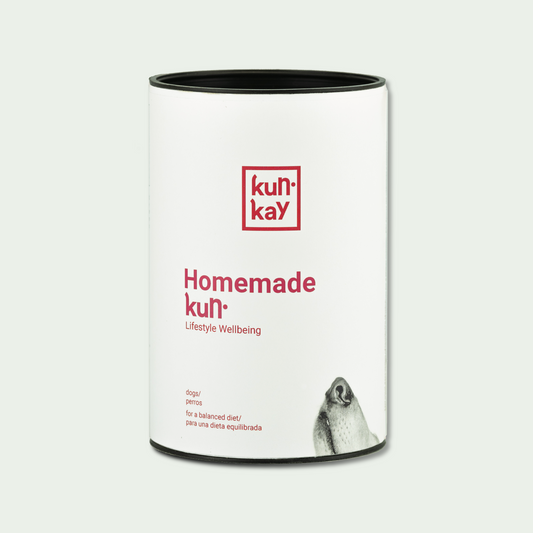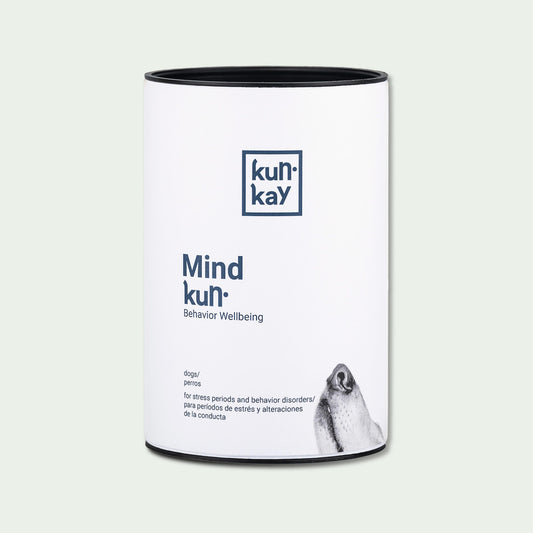Gingivitis in cats: What is it, how to treat it, and how to prevent its onset?
Gingivitis in cats is one of the most common diseases in cats that your four-legged companion can suffer from. Just like in humans, gingivitis is characterized by inflammation and bleeding of the gums and is usually not an excessively serious problem although it is quite bothersome for your pet.
However, if not treated in time, there is a risk that it will worsen. That is why it is important to act as soon as you detect that your kitty may have this problem. Prevention is also fundamental and, moreover, taking care of your pet's dental health is as simple as trusting the specially designed solutions we offer you at
Kun-Kay.
We are specialists in vitamins and supplements for cats made with 100% natural ingredients. All our products can be mixed with your pet's food to provide just that extra they need to enjoy robust health and, in addition, they love the taste!
We want to help you take care of your pet's health by providing specific solutions to any problem that may affect your furry friend. In this article, we give you all the keys about one of the most common diseases in felines: Gingivitis in cats. Keep reading to discover what this problem consists of, its most common causes, symptoms, prevention, and treatment.
1. What is Gingivitis in cats?
Also known as stomatitis, gingivitis in cats is a disease that causes inflammation and bleeding of their gums. It can occur in cats of any breed and at all ages, although it is more common in young cats. If treated in time, it is not dangerous, although it is important to act quickly to prevent it from worsening. It can also be easily prevented by taking care of your kitty's dental health to avoid developing this oral problem.
2. Most common causes of feline Gingivitis
The main cause of gingivitis in cats is the accumulation of tartar on their teeth. The bacteria present in tartar, which are generated by food residues left in their mouth, end up affecting the health of the gums.
Although this is the most common cause, feline gingivitis can appear for other reasons. We review the main causes below:
- Insufficient dental hygiene.
- Immunological problems that reduce their defenses.
- Excessive consumption of wet food.
- Kidney insufficiency or problems.
- Presence of one of the following viruses: Feline calicivirus, Feline leukemia, or Feline panleukopenia.
3. Symptoms
If your cat has gingivitis, the symptoms depend on how advanced the disease is.
When it is mild, you will simply notice tartar buildup and a slight inflammation of the gums; this is the best time to act since the treatment is much easier. It is also common for your kitty to have bad breath.
As the disease progresses, you will notice gum recession, they "shrink" and may even separate from the tooth. You will see a greater accumulation of tartar and a thin red line running along the inflamed gums.
In its most severe stages, gingivitis in cats causes intense pain to your pet and you will see hypersalivation and constant drooling. It is also common for them to lose appetite and some weight, have difficulty chewing and swallowing food, and feel depressed and/or have behavioral changes.
It is important that you take into account our guide to foods cats can eat.
4. Prevention of Feline Gingivitis
Prevention is the best way to avoid your pet suffering from this problem. To take care of your kitty's dental health, we recommend using Dentalkun, our supplement specifically formulated with natural ingredients to prevent tartar buildup and plaque formation. Besides helping them have a healthy dentition, it also helps combat bad breath. You'll love that they shower you with kisses!
5. Treatment for gingivitis in cats
The treatment of feline gingivitis depends on how advanced the disease is and must always be recommended by a veterinarian.
- In mild cases, it is common to prescribe an antibiotic to fight the infection and analgesics for the pain, as well as recommending improved dental hygiene.
- In more severe cases, other examinations will be necessary, but in most cases, they will always recommend a thorough dental cleaning under anesthesia and extraction of the most affected teeth. Additionally, a complementary antibiotic treatment to fight the infection.
6. Are there home remedies?
Besides following veterinary recommendations, at home we can also take extra measures to help our furry friend recover as soon as possible and also to prevent this problem from developing:
- Regular brushing: To prevent plaque and tartar buildup, you can clean your cat's teeth about three times a week, thus reducing the risk of this disease.
- Chlorhexidine: It serves to disinfect their gums and teeth; you can apply it using a gauze soaked with 2% Chlorhexidine.
- Diet, specific kibbles, and supplements: Choose options specially formulated to care for your pet's oral health and complement them with our natural supplements for cats to help them enjoy robust health.
- Eliminate stress: A relaxed environment is fundamental for your cat. Continuous stress situations affect their immune system and make them more prone to infectious diseases like gingivitis.




